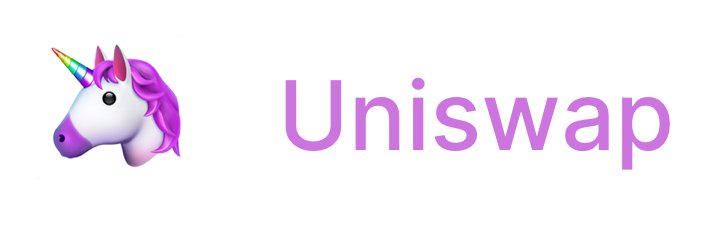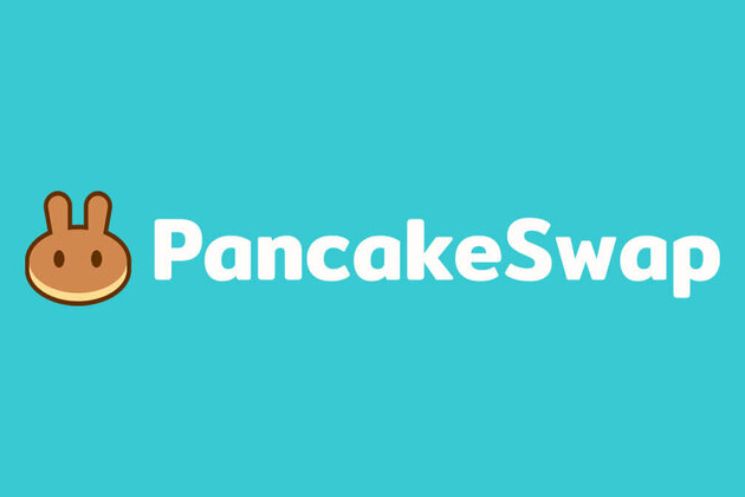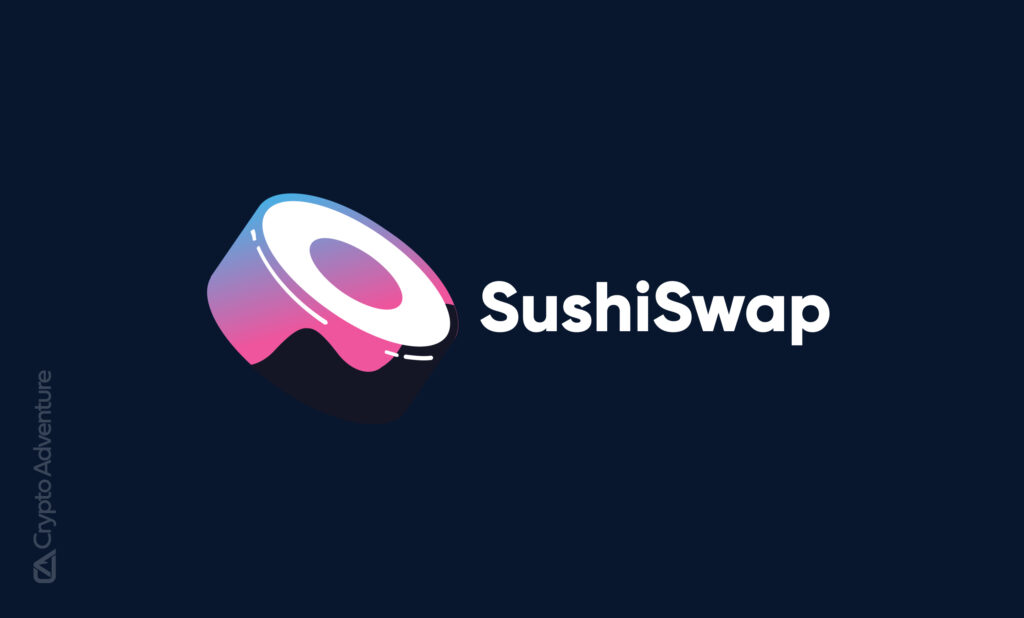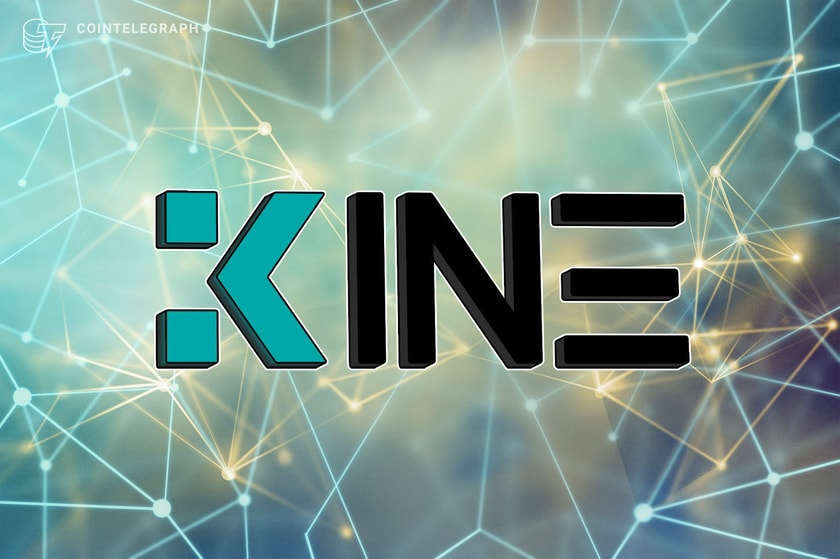
Decentralized Finance (DeFi), a revolutionary force in the financial world, provides a permissionless, transnational, and transparent ecosystem for users to engage in financial activities without the need for traditional intermediaries.
Decentralized (DeFi) exchanges are essential to the DeFi ecosystem because they enable users to trade, lend, borrow, and stake their assets directly from their own accounts.
This article will examine what DeFi exchanges are, the reasons for their growing significance, and the best DeFi exchanges for 2023.
Understanding DeFi Exchanges
Decentralized Exchanges (DEXs) are platforms that facilitate peer-to-peer trading of cryptocurrencies and tokens without intermediaries.
A decentralized exchange is a decentralized application (DApp) that enables users to buy, sell, and trade cryptocurrencies without needing a central authority to provide liquidity and verify transactions.
Instead, liquidity is provided by other users, and transactions are verified via the blockchain.
In contrast to centralized exchanges, which require users to deposit funds into a custodial account controlled by the exchange, DeFi exchanges permit users to retain ownership of their assets throughout the trading process.
This is made possible by smart contracts operating on blockchain networks, eliminating the need for a central authority to effectuate transactions.
The Need for DeFi Exchanges
Here are some of the top reasons for the existence and usage of DeFi exchanges:
- Protection
- Trust and Transparency
- Financial Inclusion
- Accessibility and Liquidity
- Opportunities for Productive Farming and Staking
Protection
DeFi exchanges offer greater security than their centralized equivalents. By eliminating the requirement to maintain assets on the exchange, users are no longer at risk of losing funds due to exchange breaches or internal mismanagement.
Instead, users retain control of their private keys and can conduct transactions directly from their wallets, drastically reducing the risk of unauthorized access.
Trust and Transparency
Using open-source protocols and smart contracts, DeFi exchanges ensure complete transactional transparency.
Traders no longer need to rely on a centralized entity to implement trades equitably. The process is now automated and transparent on the blockchain, providing an immutable record of all transactions.
Financial Inclusion
DeFi exchanges promote financial inclusion by providing access to financial services to anyone with an internet connection.
Users do not need a bank account or any other intermediaries to participate in DeFi, making it especially useful for those in regions with limited access to traditional banking services.
Accessibility and Liquidity
The ecosystem of DeFi is highly interconnected, allowing users access to a vast array of assets and liquidity pools.
DeFi exchanges provide a variety of cryptocurrencies and tokens, making it more straightforward for traders to execute transactions at favorable prices.
Opportunities for Productive Farming and Staking
DeFi exchanges permit users to engage in yield farming and staking, in which they can earn rewards by providing liquidity to various protocols or tying up their assets to support network operations.
These opportunities enable users to generate passive income and encourage ecosystem participation.
Top 7 DeFi Exchanges in 2023
Here are the most advantageous DeFi exchanges for 2023:
- Uniswap
- Curve Finance
- PancakeSwap
- dYdX
- SushiSwap
- Balancer
- Kine
Uniswap
Uniswap is the largest decentralized exchange in the globe. Using Uniswap, you can purchase, sell, and exchange ERC-20 tokens on the Ethereum blockchain.

To begin using Uniswap, connect your Ethereum wallet. Then, you can start trading cryptocurrencies and contributing your crypto to Uniswap’s liquidity pools to generate yield.
Due to Uniswap’s popularity, the platform provides ample liquidity for users to conduct transactions. Additionally, the exchange is regarded as highly user-friendly!
Uniswap, one of the earliest DeFi exchanges, has maintained its status as a prominent DEX.
It operates on the Ethereum blockchain and employs an automated market-making (AMM) mechanism to facilitate users’ seamless trading of assets. The principal disadvantage of Uniswap is its 0.3% trading commission.
As a platform for purchasing and selling tokens that are not listed on traditional centralized exchanges, Uniswap has acquired popularity and become an integral part of Ethereum’s DeFi ecosystem.
In addition, it has led to the rise of yield farming, liquidity mining, and other businesses.
Curve Finance
Curve Finance is a decentralized exchange (DEX) that enables users to trade diverse cryptocurrencies and stablecoins on the Ethereum blockchain.

It is designed to be quick, effective, and user-friendly, emphasizing high liquidity and low fees.
The curve does not utilize an order journal. You can exchange tokens directly with the liquidity pool, which is managed by a set of smart contracts that automatically balance the supply and demand of the various tokens.
Curve Finance’s capacity to support stablecoins, cryptocurrencies pegged to the value of real-world assets such as fiat currencies or commodities, is one of its key features.
This enables users to trade stablecoins with minimal volatility, making it an attractive option for traders seeking to mitigate against market fluctuations or those seeking to use cryptocurrencies as a medium of exchange without the inherent price volatility of more speculative assets.
Curve’s emphasis on stablecoins also makes it a unique yield-harvesting option. Numerous yield producers frequently experience impermanent loss, a form of loss caused by volatility.
PancakeSwap
This is an AMM-based decentralized exchange based on Binance Smart Chain (BSC), the world’s largest cryptocurrency exchange’s smart contract ecosystem.

PancakeSwap is the optimal platform for exchanging altcoins hosted on BSC. Due to its native blockchain, tokens, and yield farms can be exchanged at absurdly low fees.
This DeFi exchange is the prevailing DEX on BSC. In addition to yield cultivation and token trading, the DEX offers additional products and services.
The most notable development is a lottery platform where you can purchase tickets and have the opportunity to win various prizes. These incentives include up to six-figure monetary awards.
Additionally, the DEX incorporates a governance paradigm supported by the native CAKE token. You can issue and vote on governance proposals, stakes, and yield farms using CAKE.
dYdX
dYdX is a decentralized exchange with an Ethereum blockchain-based order book. The exchange facilitates cryptocurrency margin trading for various assets, including Bitcoin, Ethereum, Solana, and Polkadot.

This exchange is a viable alternative to futures exchanges such as Bitfinex, BitMEX, and Binance. dYdX allows users to engage in leveraged trading while avoiding centralization and third-party custody.
The dYdX protocol is constructed on smart contracts that enable decentralized and trustless asset trading, lending, and borrowing.
It provides various financial products, such as a token exchanging platform for trading cryptocurrencies and a margin trading platform that enables users to borrow and lend assets for leveraged trading.
dYdX is distinguished by its emphasis on security and openness. The protocol employs sophisticated security measures, such as multisig wallets and stringent auditing, to safeguard users’ assets.
It also provides a transparent and accessible platform for financial transactions, with all transactions being recorded and accessible on the blockchain.
SushiSwap
Previously known as SushiSwap, Sushi is one of the earliest decentralized exchanges on DeFi.

This exchange began as a derivative of Uniswap and succeeded by offering higher yields and lower fees. But since its inception, the Sushi team has done an excellent job diversifying and developing its product.
Sushi employs an AMM model to facilitate the non-custodial, decentralized trading of Ethereum-based cryptocurrencies.
The DEX has a governance protocol supported by the SUSHI token, which can be staked for passive income or used to submit governance proposals.
Using its xSwap product, the DEX also facilitates cross-chain token exchanges. xSwap enables the exchange of tokens across any blockchain network, ecosystem, or L2 solution. Ethereum, Arbitrum, Avalanche, Polygon, Fantom, Binance Smart Chain, and Optimism are supported.
Balancer
Balancer is a decentralized Ethereum exchange that provides liquidity infrastructure for DeFi. The protocol offers LP creators enhanced functionality and additional management features.

Signing communications allows users to establish transactions without the use of gas.
Balancer provides investors access to numerous liquidity pools and trading pairings by employing an AMM model.
Additionally, you can establish your liquidity pools, which can be public or private. Further, you can set a variable pool fee managed by the LP owner.
The DEX employs a variety of features that effectively contribute to increased capital efficiency, decreased petroleum costs, and enhanced arbitrage opportunities.
In addition, Balancer Pools may contain more than two tokens, which is not the case with conventional AMMs.
Kine
Kine, like dYdX, is one of the finest P2P crypto exchanges for leveraged trading. However, while dYdX’s maximum leverage is 20x, Kine’s maximum leverage is 200x.

This means that for every $10 wagered, up to $2,000 in trading capital is available.
In addition to cross-chain swaps, Kine claims to provide guaranteed liquidity and slippage-free execution. Among these are Ethereum, Polygon, Avalanche, and Binance Smart Chain.
Kine’s 24-hour trading volume is significantly above the market average, with $300 million worth of cryptocurrencies changing hands.
Furthermore, Kine has attracted over 100,000 active users, which is remarkable given that it was only introduced in 2021.
Additionally, Kine has established a fiat deposit facility via Remitano integration. However, this requires consumers to undergo a Know Your Customer procedure.
Top Three Factors to Consider When Choosing A Decentralized Exchange
Here are the top three factors to consider when choosing a Decentralized Exchange (DEX):
- User interface
- Liquidity
- Reputation
User interface
A superior user interface enables more effective trading decisions. Due to the subjective nature of what constitutes a decent user interface, you should experiment with multiple exchanges to determine which one works best for you.
Liquidity
Liquidity is the rate at which crypto assets can be exchanged for other crypto assets. If your exchange has minimal liquidity, purchasing and selling various cryptocurrencies may be challenging.
Reputation
To safeguard your cryptocurrency holdings, you must select a decentralized exchange with a solid reputation for security and trustworthiness.
Conclusion
DeFi exchanges have transformed the financial landscape by offering consumers unprecedented control, transparency, and access to various financial services.
As the DeFi space continues to evolve, the top seven DeFi exchanges stand out for their user-friendly interfaces, security, and innovative features, making them indispensable choices for anyone seeking to participate in the decentralized finance ecosystem in 2023.





